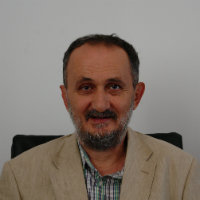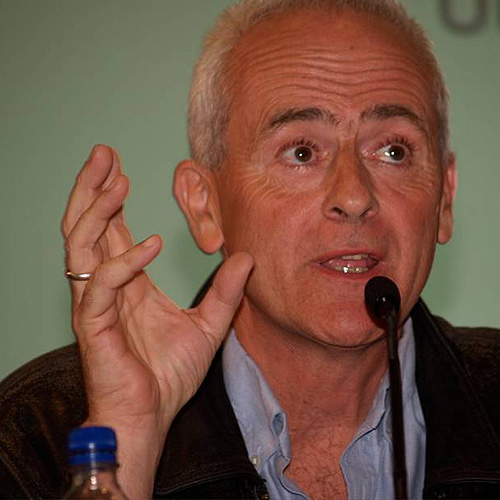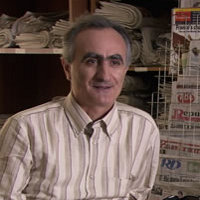From 2000 Oliver Vujovic is the Secretary General of the South East Europe Media Organisation – International Press Institute affiliate
2001-2004: Advisor for the Balkan Südosteuropäischer Dialog, magazine, Vienna and Kulturzentrum, Vienna
2000- 2001: Director of Balkan Südosteuropäischer Dialog, magazine, and Kulturzentrum, Vienna
2000: Vujovic founded Balkan Point – Independent SEE Research and News Service on www.balkanpoint.org
1998-1999: Product manager in Henkel CEE in the Vienna headquarter and responsible for marketing in the new founded company Henkel Yugoslavia (as Director)
1994-1997: Querleser Wien Correspondent for South East Europe
1991- 2000: Correspondent of the Austrian daily Die Presse in Belgrade The Belgrade Federal Minister of Information decided to recall his accreditation, and Oliver Vujovic reported between 1994 – 1997 from Skopje ( Macedonia) and Szeged (Hungary), also using the pseudonym David Fatschel
1991 – Independent Consultant, Event Manager and Business Researcher. Also independent advisor for Public Relations and Business Developments. Cooperation with companies in Austria, Germany, Switzerland and in South East Europe
1989 – 1991: Radio B92, Belgrade
1988 – 1989: Radio Index, Belgrade
1988 – 2000: Freelancer in South East Europe for media in Germany, Austria, Switzerland, Scandinavian countries and UK. He published also articles in several print media in South East Europe.
Vujovic had in this period as journalist / correspondent over 400 interviews with leading persons in South East Europe, and he published in total over 3500 different articles in print media.
He graduated economics (public relations). Today he works on his PhD.
Editor, co-editor, author or co-author in books, publications, research articles and magazines. He is editor of the SEEMO Media Handbook (annual publication) and publisher of the De Scripto magazine. Some of publications were he was the editor are: Guide for Investigative Reporters, Investigative Reporting in SEE etc.
Contact: public-department@balkanpoint.org
Link to www.seemo.org










